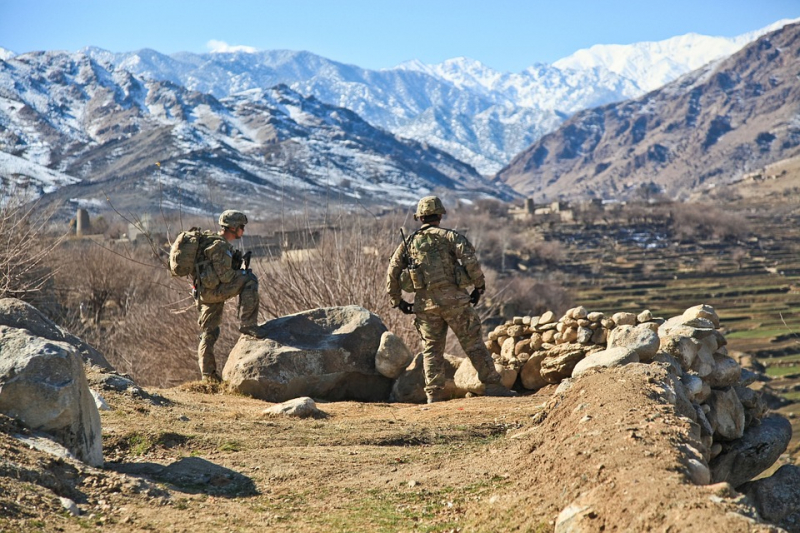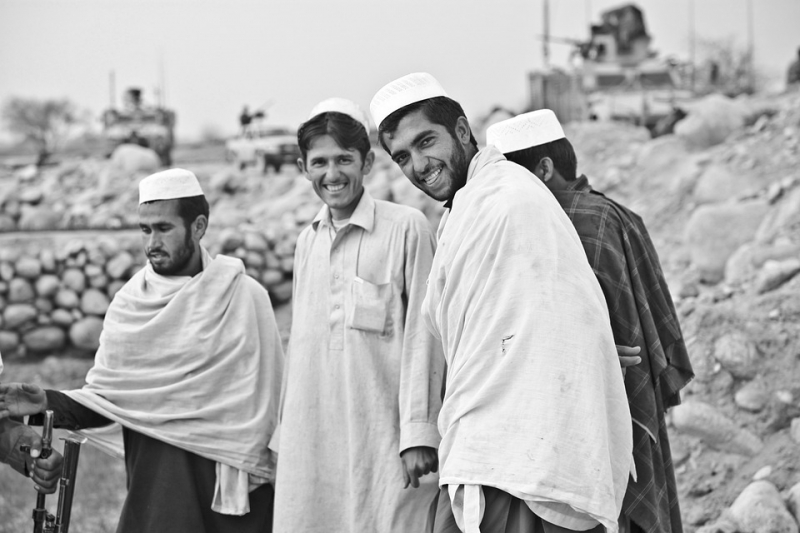Its highly fragmented society, with a long tradition of tribalism and local loyalties
Afghanistan is a complex mix of ethnic and linguistic groups, each with its own cultural traditions and ways of life. This has resulted in a highly fragmented society that is often characterized by local loyalties and a lack of central authority.
The tribal structures in Afghanistan have a long history and play a significant role in the country's political and social landscape. These structures are based on relationships between families, clans, and tribes, and they often take precedence over national allegiances. This has made it difficult for any one group to exert nationwide control, as local loyalties can often override attempts at centralization.
Furthermore, the tribal structures in Afghanistan are often intertwined with local power structures, which can make it challenging for outside forces to establish control. This is because local leaders often hold significant power and influence within their communities, and they are often able to resist attempts at outside control.






